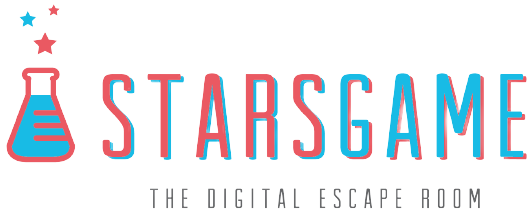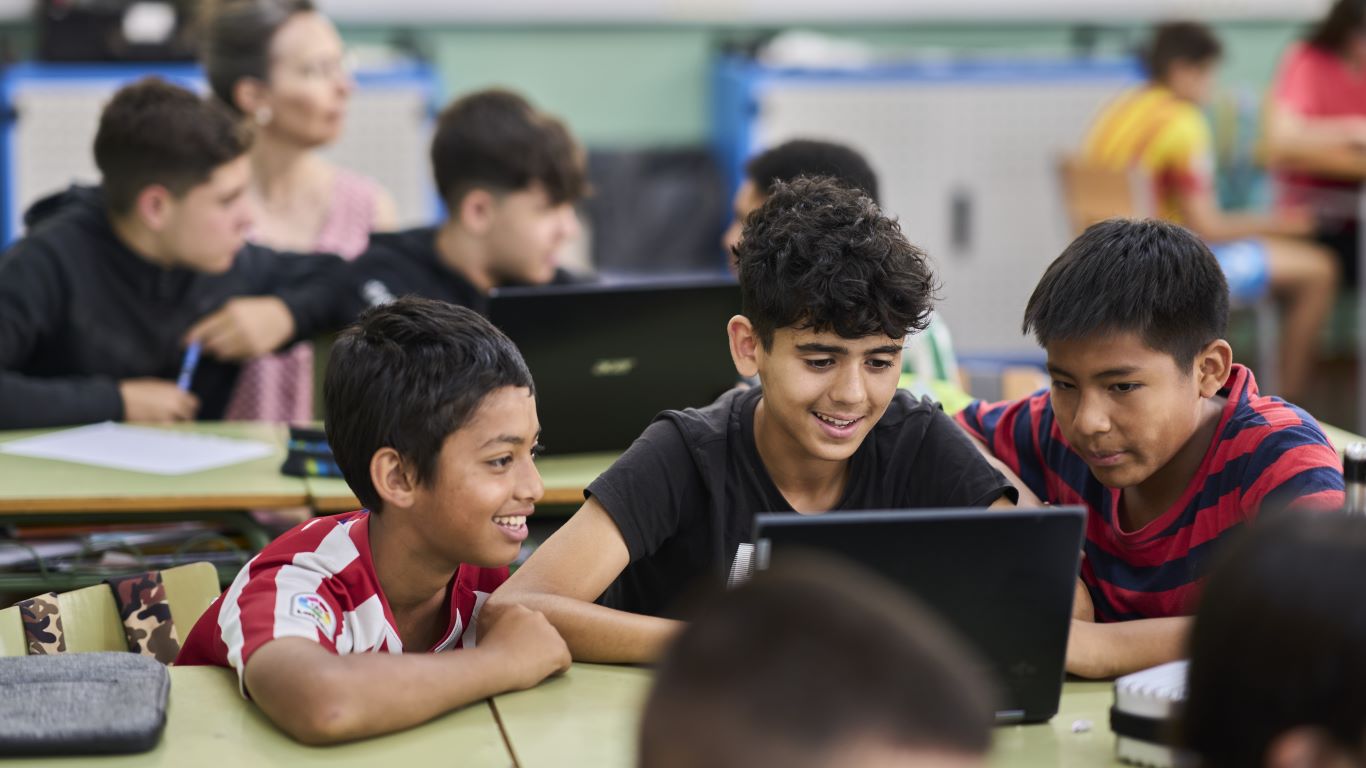This month, AIRC, IDIBELL, Eda 6 and Helmholtz Munich celebrate the end of the innovative Erasmus+ science outreach project STARS Game – InveSTigating As ReSearchers is a Game –, where high school students, teachers and scientists from Italy, Spain, Slovenia and Germany participated in an educational pathway, with workshops and the development of an immersive digital escape room.
Cristina Zorzoli, project coordinator and science communicator in AIRC, speaks for all the team: “We are thrilled to announce the successful conclusion of this science education project. The enthusiasm and dedication shown by the participating students and educators reaffirm our commitment to fostering a deep appreciation for science and its real-world applications.”
A total of 1.032 students played the escape room and their feedback was collected, together with 58 teachers. Besides, 12 researchers participated in the creation of video clues and other elements for the escape room. The project results and materials, specially designed for secondary school teachers and science communicators, will remain available on the website. The project team can be also approached through the contact form in case of any doubt, comment or suggestion.
Remarkably, all these activities had a considerable local impact. “The four participating high schools in our city have gained valuable science education tools and are very grateful for the chance to participate in the project” states Jordi Lanuza, head of the IDIBELL’s Communication Unit. And he adds: “We believe that initiatives like these not only empower the next generation of scientists but also contribute to the advancement of our society.”
The STARS Game escape room
The digital escape room is a game-based learning tool: it simulates a real-world scenario, where participants are tasked with finding the cure for an unknown infectious disease: divided by teams, students become either immunologists, molecular biologists, microbiologists or anatomopathologists for one hour. The four disciplines have to collaborate in order to solve the problem using the scientific method. By combining critical thinking, problem-solving skills, logic and scientific knowledge, students work to decipher clues and find the cure for the disease, which they will present in a scientific poster.
The project’s impact extended well beyond the virtual escape room itself. The collaborative nature of the experience promoted teamwork and communication skills between students, teachers, scientists and science communicators. Additionally, educators were provided with supplementary resources to continue discussions and explorations in the classroom, ensuring that the lessons learned during the project continue to resonate, and that they can adapt the material to their own educational curriculum.


